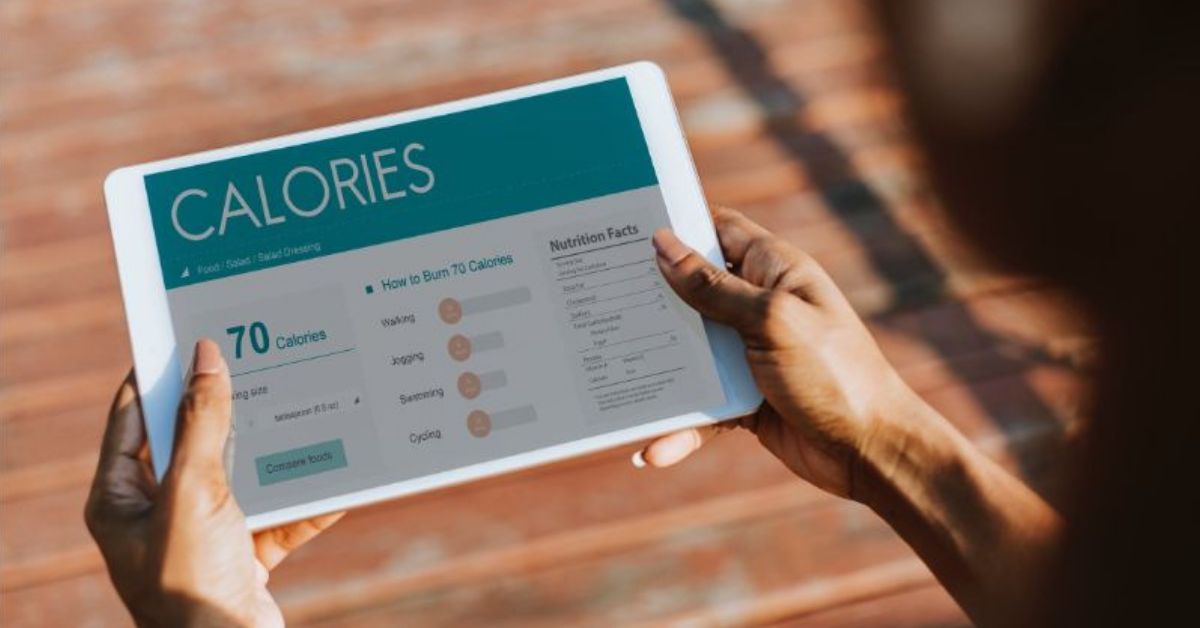Losing weight is already difficult and stressful enough as it is, and compound it with the fact that you have to maintain it for extensive periods afterwards? Oof. What you’re left with is essentially a whole lot of stress and anxiety… Yay!
In fact, a study even shows that only 20% of dieters maintain weight loss during their post-diet. With numbers like that to back it up, you’re probably wondering to yourself if you even have a chance to maintain your current body. Short answer? Yes.
For many, the hardest part of the fitness journey is returning to a regular eating pattern and maintaining your weight loss. For many, this is where they stumble and lose all their hard-earned progress. Heads up! We are here to guide you!
Listed down below are the best post-diet tips that can help you keep the pounds off and stay in shape at the same time, provided by our health and fitness experts.
Post-Diet Tips
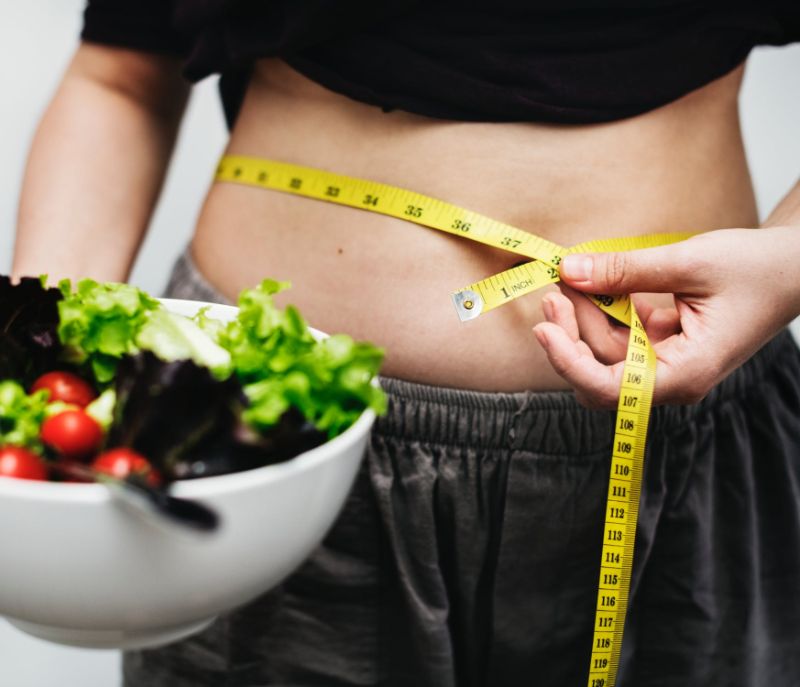
Yes, shifting from dieting to eating regularly is hard, but there’s a way you can make it convenient—changing your lifestyle habits. With this, your hard work can’t be easily put to waste after reaching your goal.
And by making small lifestyle changes that work for you, you’ll be able to control your decisions and eventually achieve a successful transition of a healthy maintenance diet. Shall we begin?
6 Habits to Maintain Your Results

It may take you some time to change your lifelong patterns. But be mindful that the road to successful weight maintenance is not only through in making positive lifestyle changes but also staying consistent with those changes.
Slowly Increase the Amount of Calories You Eat
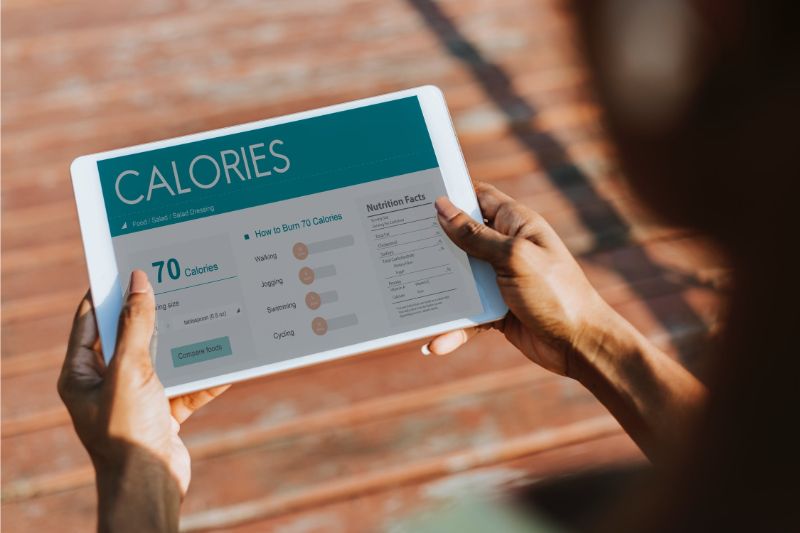
Increasing your calorie intake by 100-200 every week can help you reduce the chance of regaining body fat. Do this until you reach your maintenance level.
Keep Physically Active

Exercising is vital to your health, and it should never be disregarded entirely. So even if your only goal is to maintain your results, staying physically active is advised.
Remember, when you eat more and move less, this will only cause you to start gaining your weight back.
Expect Some Digestive Distress
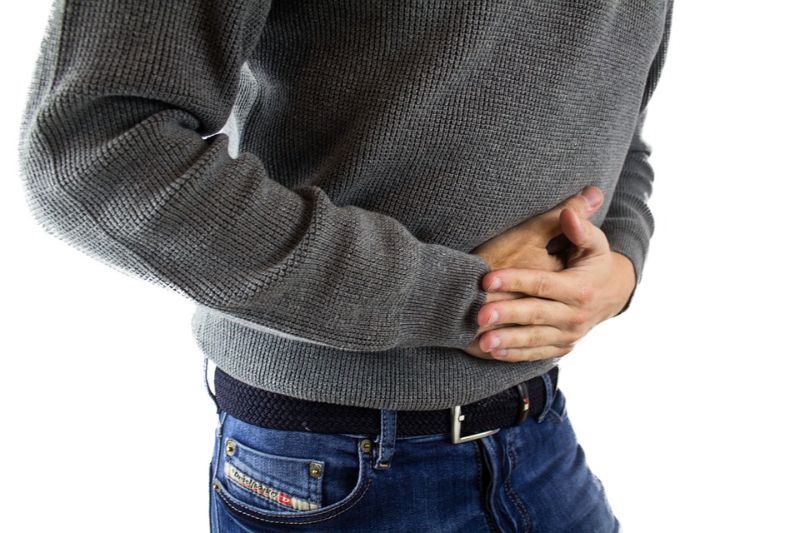
If you had your diet for a month or longer while lowering your carbohydrate intake, adding certain foods such as grains and potatoes will cause you some digestive distress.
When this occurs, your body is cutting back on the enzyme production, which is needed to break these foods down.
So allow your body to catch up and return the enzyme production to normal.
Keep a Food Journal

Did you know that keeping a food journal during the first few weeks of maintenance will allow you to pay attention to your diet?
This might sound like the last thing you can do, but a food journal can make the difference between success or failure.
Eat Protein at Each Meal
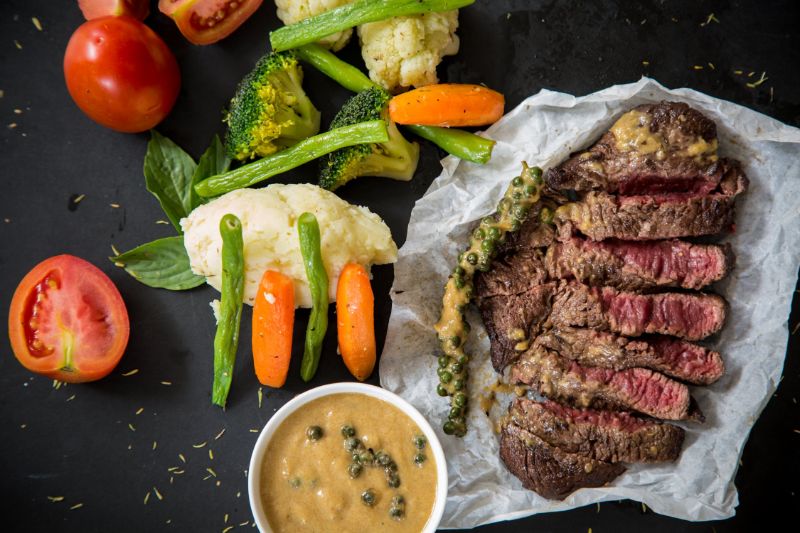
Did you know that protein can help you curb your appetite?
Include at least 20 grams of protein in your every meal. Choose lean, low-fat sources such as fish, lean cuts of meat and poultry, and low-fat dairy as they help in reducing a hormone responsible for hunger.
This method can help you feel full sooner and stay satiated longer.
Don’t Panic If You Regain Some Weight
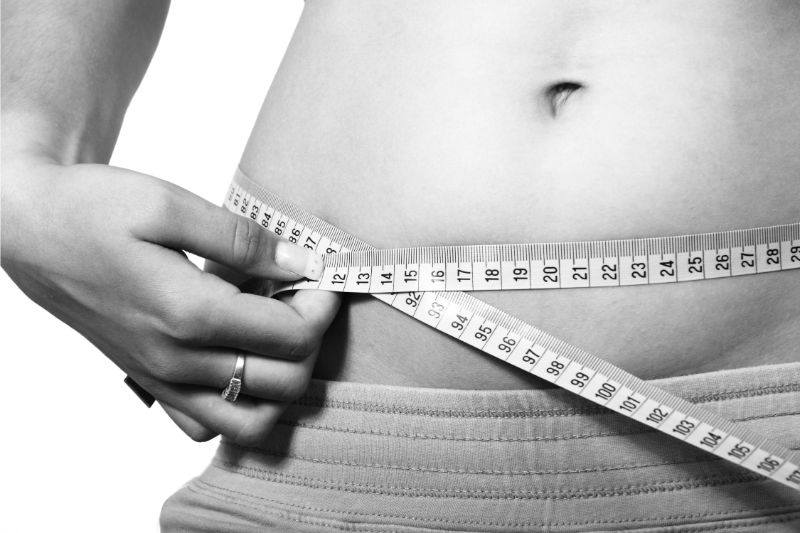
If you see some small weight increase after your diet, that’s okay. That’s normal.
Your weight is likely to be in a regular state as your body fills up its store for glycogen, which was probably low because of water retention.
The essential tool to maintain your weight loss is through learning to handle dietary slips and getting back on track at the same time.
